How to Go Broke in Under a Year
When your bank account is healthy, you tend to spend money quickly. It is easy to forget you have food in the house and go out to eat or pick up a few things from the mall. If these costs aren’t included in your budget, it’s easier to go overboard and convince yourself that you’ll get it back tomorrow or in your next paycheck. This is the mindset that caused me to go broke in less than a year, and in this blog, I will explain 5 other ways to go broke in less than a year. I want you to learn from my blunders as well as the financial planning skills I acquired through my time as an intern at Common Interests. Continue reading for some tips on how to avoid the five blunders listed and ultimately how to go broke in under a year.
Emergency funds/savings account
You don’t have an emergency fund or a savings account. Emergency funds should be large enough to last you 3-6 months. When an unexpected expense arrives, you will be unable to pay it, resulting in debt. Interest is charged on the debt, which means you could pay more than you expected. Debt is the worst thing that can happen to you; it is a dreadful cause of being financially unstable and can lead to a debt spiral. A debt spiral occurs when you sink further and deeper into debt even though you made all your payments on schedule due to excessive interest rates.
While here at Common Interests I’ve learned that a good savings goal is 20% of your paycheck. This can help you develop an emergency fund and a savings account. Whatever you can save, Common Interests generally recommends you split it 50/50, half for retirement and the other half for short-term saving goals, although this can change depending on circumstances like how close a shorter-term goal is. Even if you don’t have any money to save right now, we (Common Interests) have a strategy we’ve used successfully in the past: start saving whatever you can now, and increase the amount you’re saving by a small but significant amount each year (or twice a year) on an important date (birthday, anniversary, divorce date, etc). You’ll be surprised at how quickly your budget adjusts! It won’t show up on every check, but you’ll notice it when you need it.
Not having a budget
Let’s face it, it can be difficult to capture every little expense in our weekly/ monthly budget and that’s a problem. Without an accurate budget, it is very easy to let your spending go out of control. We’ve all had the experience of thinking we had money in our accounts only to discover that we had blown our entire check in a few days. Don’t let your spending spiral out of control. Make a chart or a list of all the places your money goes. You’ll be less likely to go over budget if you have a defined amount of money to spend on specific goods.
A better way to budget your money is the 50/30/20 rule, which is a straightforward way to budget your income. 50% for your needs, 30% for your wants, and 20% for your savings (remember your emergency fund comes first!). These rules can be altered around for your specific needs, if you only need 40% for your needs you can put an extra 10% towards your savings. This is general guidance or a starting point that you can and should adjust for your needs and lifestyle.
Purchasing everything you want
You don’t need everything you want. Just because you can buy something twice does not necessarily mean you can afford it. We buy items to make us happy at times, but this pursuit of temporary pleasure can only hurt your wallet.
Adyashanti, an American spiritual teacher and author, has a brilliant idea about why happiness is temporary. He declares:
“When we make a purchase and/or get what we want, we are temporarily happy and fulfilled. But the reason for happiness is not because we got what we wanted, but because for a brief period of time, we stopped wanting, and thus we experience peace and happiness.”
Consider this the next time you’re in the mall and want to buy something that’s out of your price range. Making occasional special purchases after budgeting your money is fine, but making sure they are aligned with your budget is critical. When we spend money outside of the budget, something needs to be cut back elsewhere in the budget so we don’t go into debt!
If you don’t have any passive income, you’re out of luck
Passive income is especially helpful, especially for those who are unable to limit their spending. Passive income allows you to earn money as you sleep, cook, and throughout the day. You could now be interested in learning about the various ways to generate passive income. There are common options, such as the dividends on securities and rental income from real estate, but these are not the only sources. Other options include starting a small business online, reselling clothing, and creating social media content.
Being greedy in the stock market
Investing in the markets can be emotional, and it’s easy to get caught up in the emotions of trading. During the pandemic, it became easy to invest through your phone and many new investors got into the market for the first time – we made money (and the apps made us feel like we ‘won’) and we lost money (and felt like we ‘lost). When we “win”, though, it’s important to remember to take some of those profits and do something less risky with them. Don’t grow greedy – greed can cause you to lose all of your money.
Short-term trading is exciting because we get an adrenaline rush when things are going well and we can use words like “win” and “lose” – this type of investing is EXTREMELY high risk, so while it’s perfectly fine to do for fun, you should limit how much of your asset allocation is allocated to high-risk strategies and stick to a disciplined, long term investment strategy for the rest of your portfolio that is in line with your personal risk tolerance. The mix of asset classes that fits your investment goals depends on several factors including your age, risk profile and tolerance, and the amount of capital you have. Consult with a professional if you need help making these decisions!
Following these 5 steps is not guaranteed to get you out of debt or stop you from going broke, but it is a start and all you need is a start and consistency.





